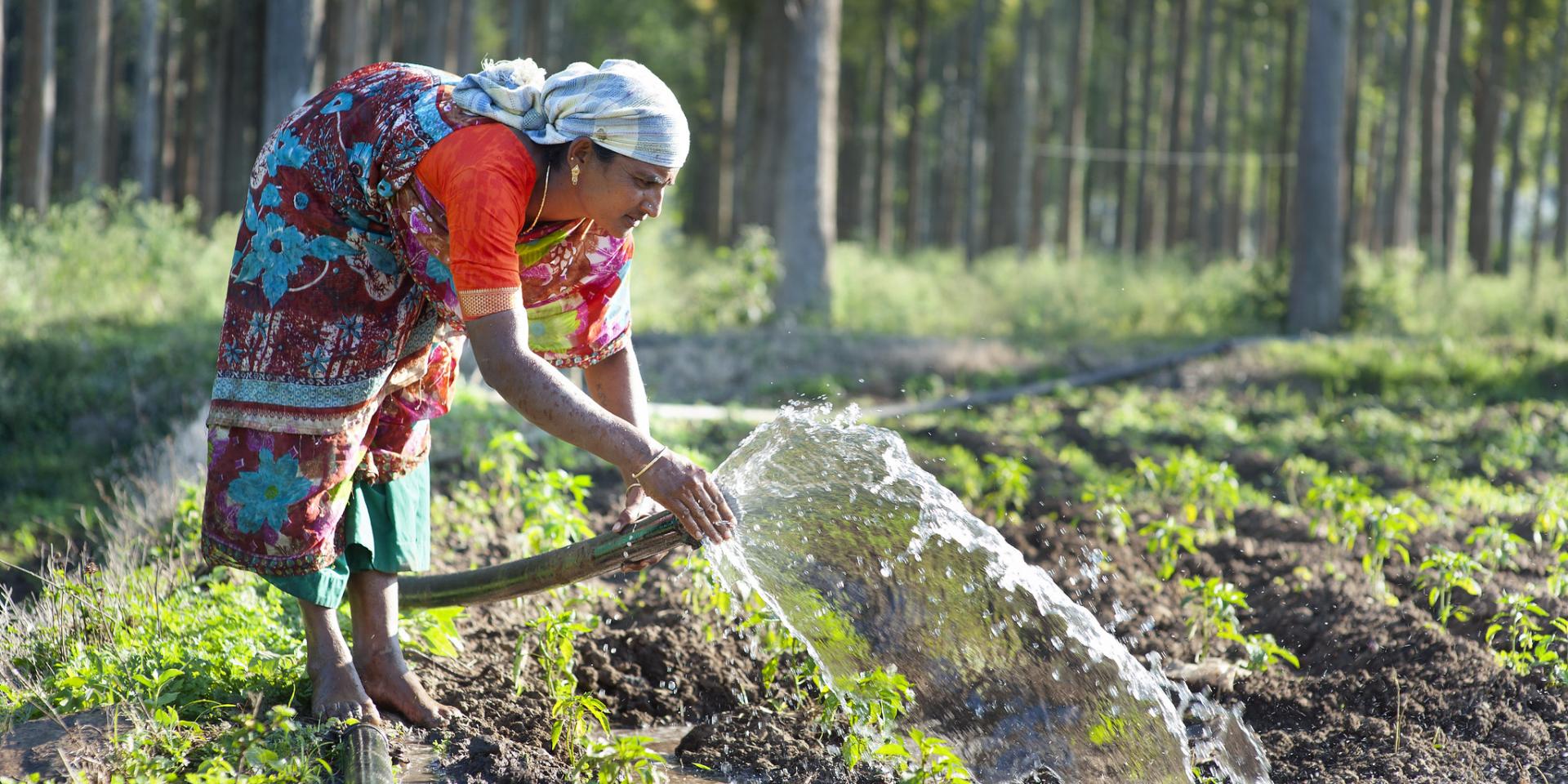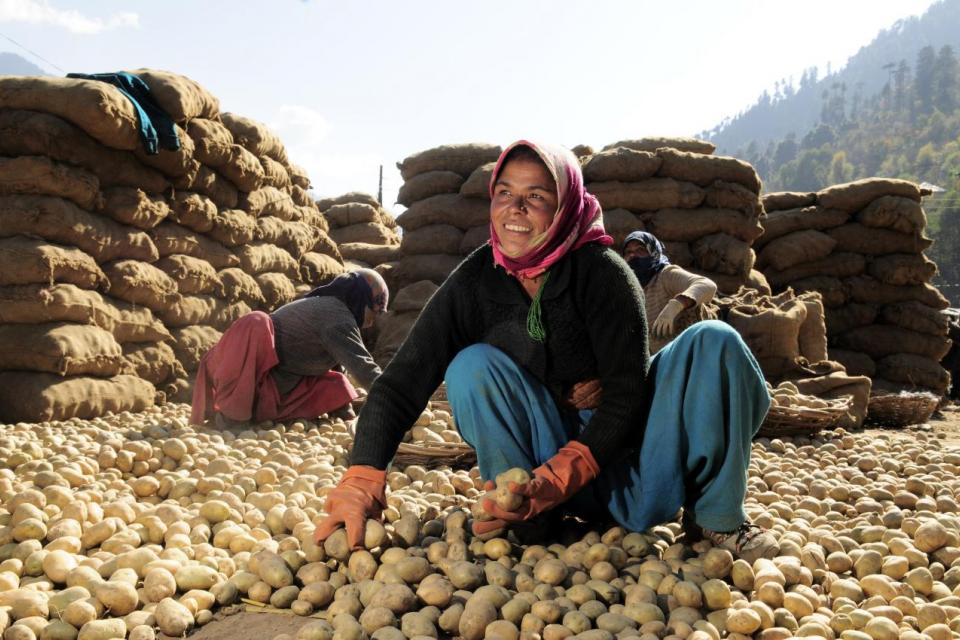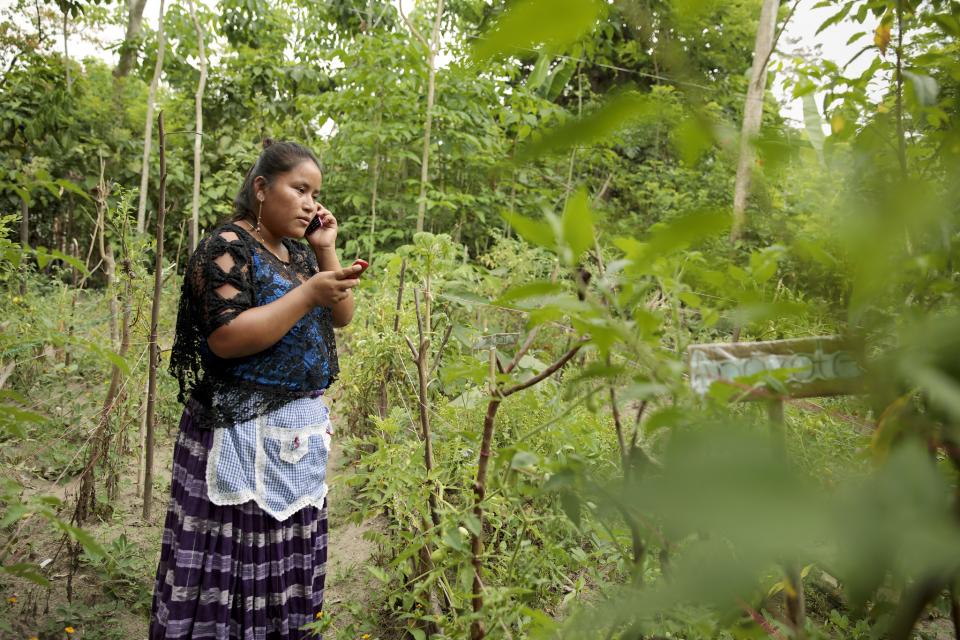ANEW way forward: Strategies to promote women’s empowerment in farmer producer organizations
 Photo: Hamish John Appleby/IWMI.
Photo: Hamish John Appleby/IWMI.
Women’s empowerment is both intrinsically important and instrumental to achieving agricultural development goals such as Sustainable Development Goal (SDG) Target 2.3, which seeks to increase agricultural productivity among smallholders.
In line with SDG 5’s focus on gender equality and women’s empowerment, many agricultural development projects now explicitly include women’s empowerment objectives.
But what are the optimal ways to challenge gender norms and foster women’s empowerment while increasing smallholder incomes? This remains an open question. Engaging with agricultural collectives—producer groups and farmer producer organizations (FPOs)—is one promising approach for addressing these challenges. As a result, understanding how agricultural collectives can improve women’s empowerment is a developing research area.
Interest in women’s participation in agricultural collectives has increased rapidly over the last decade for several reasons: Recognition that for smallholder farmers, aggregation is value addition, meaning collectives are a pathway to increased incomes; ability to realize economies of scale in implementation; and the potential to achieve sustainability through building or enhancing collective structures, among others.
To improve the evidence base and to benefit from cross-project and cross-context learning, four organizations working with agricultural collectives partnered with IFPRI under the Applying New Evidence for Women’s Empowerment (ANEW) portfolio, supported by a grant from Walmart Foundation. These include the Grameen Foundation and Professional Assistance for Development Action (PRADAN) in India, TechnoServe in Guatemala, and Root Capital in Mexico.

